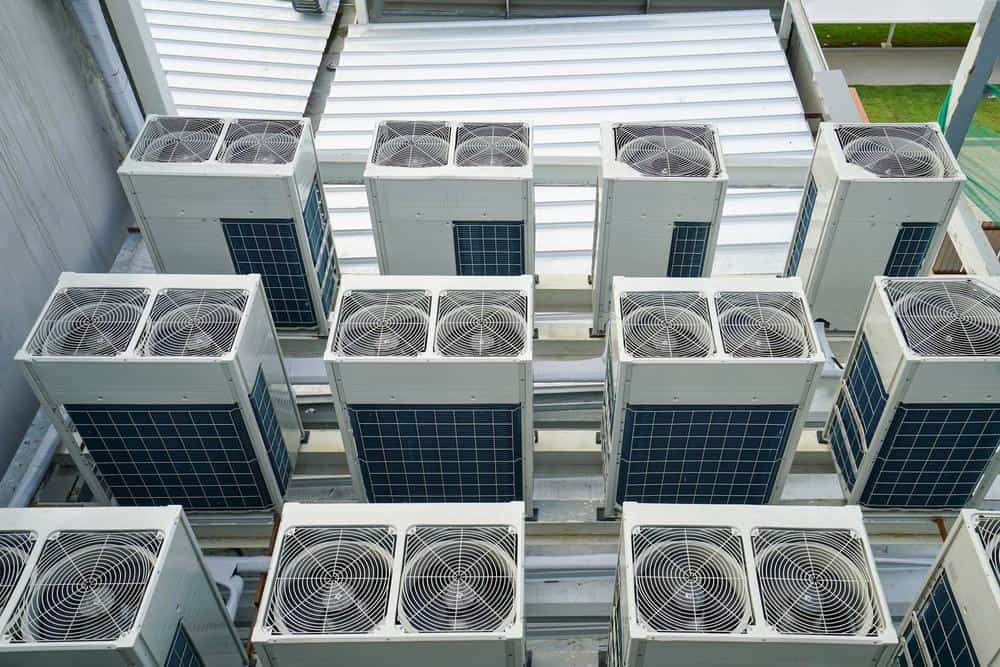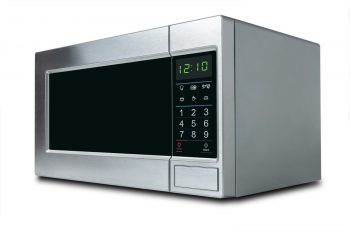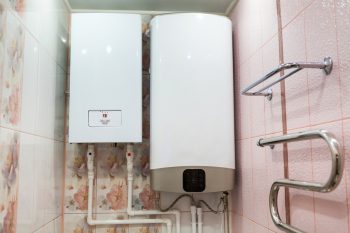
Understanding what to do when your AC condenser freezes is crucial to prevent extensive damage to your AC unit and maintain a comfortable indoor environment. This comprehensive guide provides you with detailed information on why an AC condenser freezes, signs of a frozen AC condenser, immediate steps to take, potential damages, preventative measures, and professional services to consider.
When your AC condenser freezes, immediately switch off the AC unit at the thermostat and set the fan to ON to speed up thawing. Inspect and replace your air filter if necessary, and place towels around your indoor unit to prevent water damage. Wait for the ice to thaw fully and let the coils air dry before turning the AC back on. Monitor the unit for a few days, and if the problem persists, call a professional HVAC technician. Regular maintenance and preventative measures can help prevent such issues.
Signs of a Frozen AC Condenser
Recognizing the signs of a frozen AC condenser is the first step towards addressing the issue. The most common signs include:
- Visible ice on the unit, particularly the refrigerator pipe or evaporator coil.
- Warm air blowing out of the air supply vents.
- Condensation on the AC unit or the exterior of the condensate drain.
- Reduced airflow or a rise in indoor temperature.
- Frost on refrigerant lines.
- Unusual sounds, such as hissing or bubbling noises.
If you observe any of these signs, it’s time to inspect your AC unit and take immediate action.
Immediate Steps
When you realize your AC condenser is frozen, follow these steps to prevent further damage:
- Switch off the AC unit at the thermostat.
- Set the fan to ON to speed up the thawing process.
- Inspect your air filter and replace it if necessary.
- Place towels around your indoor unit to prevent water damage.
- Wait for the ice to thaw fully.
- Let the coils air dry before switching the AC unit back on.
- Monitor the AC unit for the next few days.
If the problem persists, it’s time to call in a professional HVAC technician.
Potential Damages
Ignoring a frozen AC condenser can lead to several potential damages, including:
- Water damage from the melting ice.
- Increased strain on the AC unit, leading to more frequent repairs or a reduced lifespan.
- Higher energy bills due to reduced efficiency.
- Permanent damage to the AC system.
- System overheating.
To prevent these issues, it’s essential to address a frozen AC condenser promptly.
Preventative Measures
To prevent an AC condenser from freezing, consider the following preventative measures:
- Regularly check for refrigerant leaks.
- Replace air filters regularly.
- Schedule preventative maintenance.
- Keep condensate drain lines clear.
- Ensure proper fan speed.
- Check thermostat settings.
- Keep vents open.
By adhering to these measures, you can prevent your AC condenser from freezing and maintain the efficiency and lifespan of your AC system.
Professional Services
If the issue persists, it’s best to seek professional services. Ensure the company you choose is properly licensed and insured and has positive customer reviews. Regular maintenance, such as annual AC maintenance appointments, can help prevent frozen AC coils and other issues.
Conclusion
A frozen AC condenser is a common problem that can lead to significant damage if not addressed promptly. However, by recognizing the signs, taking immediate action, and implementing preventative measures, you can maintain a comfortable indoor environment and extend the lifespan of your AC unit. If necessary, don’t hesitate to seek professional help to address the issue.
Remember, regular AC maintenance is key to preventing a frozen AC condenser and ensuring the efficient operation of your AC system. Stay cool and comfortable by keeping your AC unit in top condition!
Frequently Asked Questions
What causes an AC condenser to freeze?
An AC condenser typically freezes due to insufficient airflow or a refrigerant leak. Blocked or dirty air filters, obstructed return air ducts, or a faulty fan can restrict airflow. On the other hand, a refrigerant leak can lower the pressure, causing the refrigerant to expand more rapidly and cool excessively, which can lead to freezing.
How can I check for a refrigerant leak?
Checking for a refrigerant leak can be tricky and is best left to professionals. However, signs of a potential leak include higher than usual energy bills, reduced cooling capacity, hissing or bubbling noises, and ice on the refrigerant lines.
How often should I replace my air filters?
The frequency of air filter replacement can depend on various factors, such as the type of filter, the air quality in your area, and whether you have pets. However, a general rule of thumb is to replace them every 30 to 60 days.
Can I prevent my AC condenser from freezing by setting my thermostat to a higher temperature?
Setting your thermostat to a higher temperature can help prevent freezing, as it reduces the workload on your AC system. However, this alone may not be sufficient if there are other underlying issues, such as blocked air filters or a refrigerant leak. Regular maintenance is key to preventing such issues.
What should I do if my AC unit continues to freeze even after taking the suggested immediate steps and preventative measures?
If your AC unit continues to freeze despite your efforts, it’s best to call in a professional. An HVAC technician can inspect the system, diagnose the exact issue, and provide a suitable solution.












